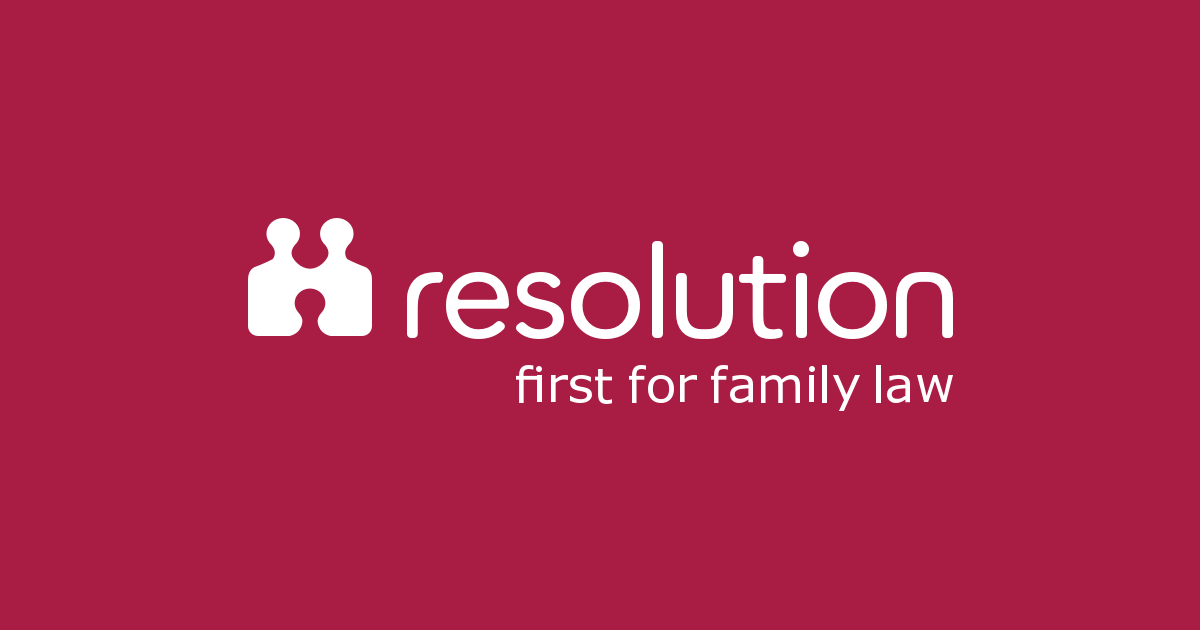Do I have to go through Mediation when I divorce?
Mediation in Family Law: What is it and what’s new?
As family lawyers committed to resolving disputes constructively, we are supportive of mediation and regularly recommend it as a means to settle issues between a separating couple in an amicable and cost-effective way. Following a recent development in the law, mediation and other forms of dispute resolution are going to be encouraged further.
What is family mediation?
Family mediation is an effective alternative process in which an impartial, third person assists families to reach decisions that need to be made when a relationship breaks down without the assistance of a Court. Typically, mediation is used to resolve financial issues, such as how property and assets are divided or what living arrangements can be made for a separating couple’s children. It is often used when families are unable to agree on a way forward themselves. Through mediation, couples can reach agreements in an efficient and cost-effective way, while minimising acrimony and seeking to maintain a constructive relationship going forward.
Mediation is not appropriate where there is evidence of domestic abuse, a power imbalance or child protection issues raised by one or both parties.
What are the rules around mediation?
The requirement for Mediation Information and Assessment Meetings (MIAMs), prior to the issue of children and financial applications, was introduced in 2014. The purpose of these meetings is for a mediator to meet each party individually so they can explain their point of view without the other party present and consider the possibility of alternative routes of dispute resolution. However, it has become apparent in recent years MIAMs are simply considered a pre-requisite in order to proceed to Court as opposed to a requirement to genuinely give alternative dispute resolution an attempt to fully resolve the issues.
What changes are being made?
From 29 April 2024, the rules and requirements are far more onerous.
Firstly, the changes seek to limit the exemptions to a MIAM to making it harder for prospective litigants to avoid this process completely.
There is a new requirement for the party who issued proceedings to report to Court in open correspondence detailing their approach and attempts to resolving their dispute through non-court dispute resolution. The rules have introduced a power for a Judge to adjourn proceedings to allow the parties to attempt non-court dispute resolution without their agreement. The costs rules have, also, been amended to include the failure to attend MIAMs or consider non-court dispute resolution as a reason to depart from the no order as to costs rule.
It is evident from the new rules that the court’s sights are set firmly on resolution and parties considering an application to court should proceed with caution, particularly given the changes to the costs rules.
How can we help?
For more information about family mediation, divorce, matrimonial finances or children matters, please get in touch with our specialist team of family lawyers who will guide you every step of the way ensuring the best outcome for you, your children and your finances. Contact us on 01509 217770 for a free 30 minute appointment.





